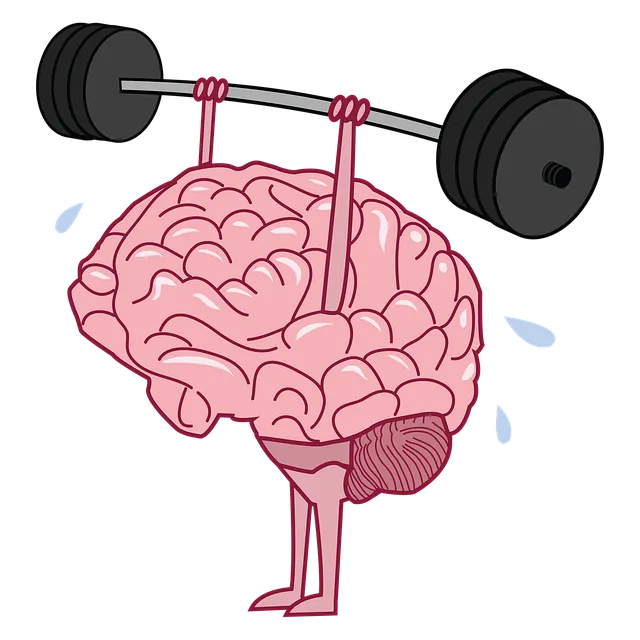Boulder Kaiser's crisis intervention strategies are core components of their comprehensive mental health programs, offering evidence-based practices that stabilize emotions and provide practical solutions during immediate crises. By integrating these interventions into a robust self-care routine, they foster resilience and confidence, preparing clients to manage future challenges and promoting long-term well-being. The Boulder Kaiser Mental Health Programs cater to adolescents and adults with diverse needs, combining individual therapy, group support, and specialized workshops for effective crisis intervention and holistic mental health improvement.
In times of crisis, effective intervention can be a lifeline. This article explores crucial strategies and guidance in crisis intervention, emphasizing their central role in mental health support. We delve into the foundational concepts, drawing from the renowned Boulder Kaiser Mental Health Programs as a model for comprehensive care. By examining practical approaches, professionals and caregivers can equip themselves to handle crises competently, ensuring better outcomes for those in need. Discover actionable tactics that form an essential component of crisis intervention strategies, inspired by the innovative practices at Boulder Kaiser mental health programs.
- Understanding Crisis Intervention: A Cornerstone of Mental Health Support
- The Boulder Kaiser Mental Health Programs: An Overview of Services and Approaches
- Practical Strategies for Effective Crisis Intervention: A Comprehensive Guide
Understanding Crisis Intervention: A Cornerstone of Mental Health Support

Crisis intervention strategies are a cornerstone of mental health support, offering crucial guidance during moments of intense distress. Programs like those provided by Boulder Kaiser mental health professionals are designed to help individuals navigate and overcome immediate crises effectively. These interventions focus on stabilizing emotions, providing practical solutions, and fostering resilience.
Understanding the importance of swift action, these strategies aim to enhance self-esteem and boost confidence through evidence-based techniques. By integrating crisis intervention into comprehensive mental health programs, Boulder Kaiser empowers clients to develop a robust self-care routine, enabling them to manage future challenges with enhanced coping mechanisms. This proactive approach not only supports immediate needs but also paves the way for long-term well-being, ensuring individuals can thrive with improved emotional resilience.
The Boulder Kaiser Mental Health Programs: An Overview of Services and Approaches

The Boulder Kaiser Mental Health Programs offer a comprehensive range of services designed to support individuals facing various mental health challenges. These programs are renowned for their innovative approaches, combining evidence-based therapies with a holistic view of well-being. One notable aspect is their focus on early intervention, recognizing the significance of prompt support in mitigating long-term effects of mental distress.
The organization provides a multi-faceted approach, including individual therapy sessions, group support programs, and specialized workshops centered around stress management and social skills training. Their services cater to a diverse range of needs, from adolescents to adults, ensuring that each client receives tailored care. Through these initiatives, Boulder Kaiser aims to empower individuals with coping strategies, enhance resilience, and promote long-lasting mental well-being.
Practical Strategies for Effective Crisis Intervention: A Comprehensive Guide

In the face of crises, effective intervention strategies are vital for navigating challenging situations and fostering recovery. The Boulder Kaiser mental health programs offer a comprehensive guide to practical approaches that can make a significant difference in an individual’s life. These evidence-based methods focus on empowering individuals with coping skills development, inner strength development, and mood management techniques.
By combining various therapeutic techniques tailored to specific crisis scenarios, the programs provide a holistic framework. This includes strategies for active listening, emotional regulation, problem-solving, and building resilience. Through structured interventions, individuals gain valuable tools to manage distress, overcome obstacles, and develop long-lasting coping mechanisms. The ultimate goal is to enable people to navigate crises with greater ease, fostering personal growth and enhanced well-being.
Crisis intervention plays a vital role in providing immediate support during mental health emergencies. The article has explored essential strategies, drawing from the comprehensive guidance offered by the Boulder Kaiser Mental Health Programs. By understanding crisis intervention and utilizing practical techniques, professionals can effectively navigate these challenging situations, offering hope and stability to individuals in need. These strategies are crucial steps towards enhancing mental well-being and ensuring a more resilient and supportive community.






